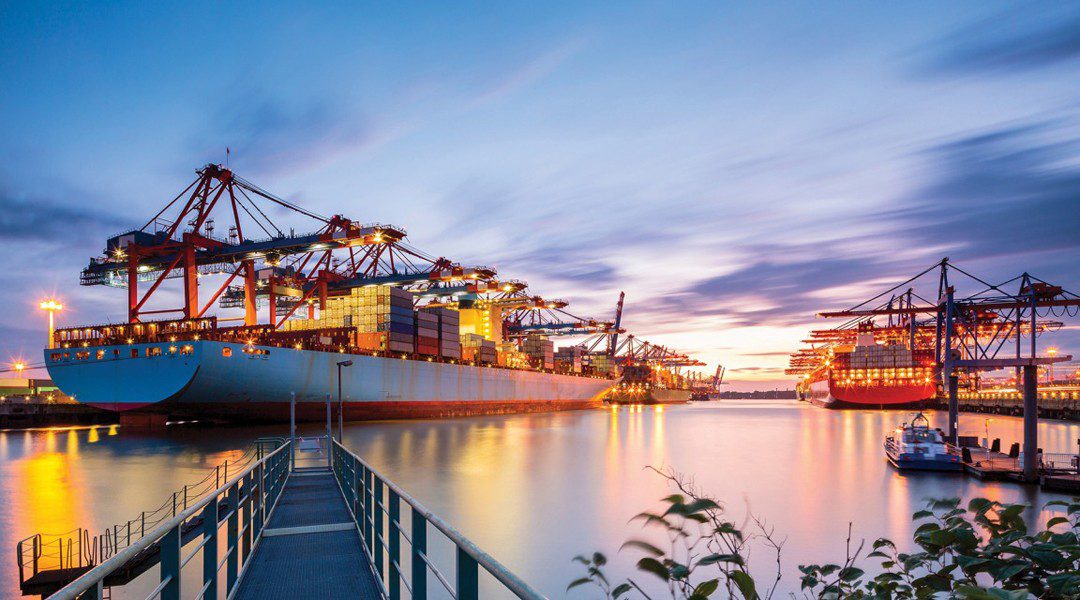The World Shipping Council (WSC), along with other European associations, have urged the EC to make sure that its Emissions Trading System (ETS) measures lifecycle emissions from alternative fuels, rather than just those from the exhaust. The WSC said that just measuring the exhaust emissions would serve to distort the market.
WSC European environment director Jim Corbett, told The Loadstar the liner shipping association supported fully the EU ETS, but that industry and regulators had concerns over how the measure, due to be introduced on January 1st 2024, would work. He said that “the first concern from the EU is that there is no double-counting of carbon emissions, whereas
our major concern is that there is no ‘under-counting of emissions”.
He said that the concern was that, if the EU ETS charges shipping lines for emissions from the funnel, without taking into account the lifecycle emissions of a fuel, this would cause market distortion. There were proposals in place to prevent that distortion. The introduction of the ETS for the maritime sector has been delayed until 2024 to give industry and the EU
time to arrive at a solution. The associations wrote to the EU stating that “when creating regulations, politicians should consider the full picture to accurately capture the impact of the new fuels on the climate. Assessing fuels on a life-cycle basis includes the impact on the climate from producing, transporting and combusting the fuels.” The letter stated that the lack of a life cycle approach in ETS served to defer investment in the production of
green fuels, because developers await certainty on the implications for their choice of fuel.
Corbett said that if the EU ETS only considered greenhouse gas emissions from vessels, this would put sustainably produced fuels at a disadvantage, because the production of fuels not produced through the use of renewable energy would “get the same treatment even though the full climate impact of brown fuels is significantly worse”. That would create an “inverse incentive”, he said, making the use of brown fuels cheaper than their green alternatives, an effect amplified when the fuel producer was beyond EU jurisdiction.






